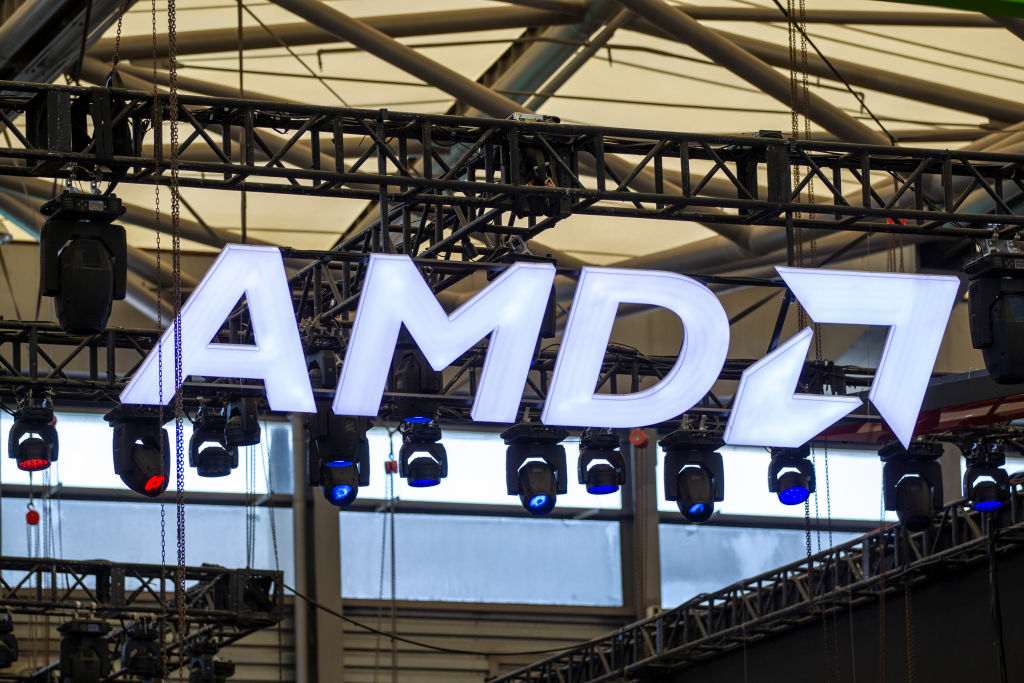The EU-China summit will lack deliverables. Xi may not attend. So why even go?
Brussels and Beijing got 99 problems — but an upcoming high-level summit ain’t gonna solve a single one.
When EU leaders Ursula von der Leyen and António Costa travel to China in two weeks, they will have several concerns in their travel bags — from market access to China’s chokehold over strategic raw materials. America’s lurch into protectionism under President Donald Trump is disturbing trade flows, meanwhile, making it harder to resolve those thorny issues.
Von der Leyen reeled off a litany of political and economic complaints on Tuesday — from China’s state-subsidized overproduction to price gouging, “systematic” discrimination against foreign companies, export restrictions and more — setting the tone for a contentious summit.
“China has an entirely different system,” she said in an address to European lawmakers. The country has “unique instruments at its disposal to play outside the rules,” allowing it “to flood global markets with subsidized overcapacity — not just to boost its own industries, but to choke international competition.”
And the pain points are multiplying: The latest is a move by Beijing to restrict government purchases of EU medical devices, in retaliation for a similar ban on Chinese medical equipment imposed by Brussels last month. Those come on top of a lingering dispute over the EU’s imposition of duties on Chinese-made electric vehicles last year and retaliatory duties slapped by Beijing on European liquor.
Despite the milestone it’s supposed to celebrate — the 50th anniversary of EU-China diplomatic ties — the summit is shaping up to be more symbolic than substantive. With both sides entangled in trade spats, expectations are at a new low. Officials are bracing for a summit that’s going to be more about saving face than achieving concrete results.
While Brussels and Beijing usually alternate as summit hosts, Chinese President Xi Jinping snubbed EU leaders earlier this year by declining an invitation to come to Brussels.
The summit — originally planned to run for two days — will now only take place on July 24 in Beijing. It’s still unlikely that Xi will attend the gathering, which will be chaired by Premier Li Qiang, China’s second-ranked leader. Xi might yet meet bilaterally with von der Leyen and Costa, but that is TBC.
“Not only doesn’t he [Xi] show up in Brussels, he doesn’t even attend in Beijing … it’s so embarrassing, I would not take it over my dead body, I swear,” said Alicia García-Herrero, chief economist for Asia-Pacific at French investment bank Natixis and a senior fellow at Bruegel, a think tank.
“As a European I would say: Do not go, do not accept this shit.”
Mood shift
What’s more, the EU and the U.S. are scrambling to seal a provisional trade deal ahead of Trump’s (newly postponed) deadline to reimpose sweeping tariffs on Aug. 1. Should that happen before the EU-China summit, it’s bound to spell further trouble for the meeting.
“If the EU and the U.S. are going to seal a similar deal to [the deal the U.S. sealed with the U.K.], other trading partners will be put at a disadvantage and China will retaliate,” said a person from the Chinese business sector who was granted anonymity to speak candidly.
In an attempt to find common ground with Trump, von der Leyen has hardened her tone toward Beijing, accusing China at a G7 summit in Canada last month of “weaponizing” its leading position in producing and refining critical raw materials.
Unsurprisingly, those comments didn’t land well.
Guo Jiakun, spokesperson for China’s Ministry of Foreign Affairs, hit back at von der Leyen’s remarks on raw materials. Beijing “fully considered the reasonable needs and concerns of various countries, and reviewed export license applications in accordance with laws and regulations,” Guo said.
Von der Leyen’s remarks were “quite hawkish and unsettling,” said the person from the Chinese business sector quoted above.
“If [von der Leyen] was trying to charm Trump, she may have done so at the cost of credibility — reminding China that the EU can talk cooperation with China one day and posture like a Cold Warrior the next,” they added.
In short: The mood is sour — at a time when neither side, and especially the EU, can afford it.
In a sign of its concerns over trade imbalances with China, Brussels launched a tool in April to monitor the diversion of trade flows toward the bloc after Trump imposed tariffs of up to 145 percent on Chinese goods (later lowered to 30 percent). While it’s too early to identify a clear trend, Chinese exports to Europe are sharply up in sectors including chemicals, textiles and machinery.
Huge uncertainty
When the summit was announced — days before Trump’s inauguration in January — the EU struck an amicable tone, broadcasting its willingness to rekindle its relationship with China amid uneasy transatlantic relations.
Nearly six months on, however, there has been scant progress toward resolving bilateral disputes. And the Chinese commerce ministry has warned “any country” against sealing trade deals with the U.S. that “undermine Chinese interests.”
“The situation is not good. The European Union has 70 percent of its exports to the United States aimed at new tariffs. We are facing trade diversion because of some of the actions being taken, and there’s a huge uncertainty in the trade world,” Maria Martin-Prat De Abreu, a senior official at the Commission’s trade department who is in charge of the EU’s China policy, told an event last month.
On top of rifts over electric vehicles, medical devices, spirits and pork, China has imposed — as part of its retaliation against Washington — additional controls on exports of rare earths. Those are inevitably hitting EU countries as well.
Although EU trade chief Maroš Šefčovič has managed to negotiate faster permitting procedures for European companies, industry continues to sound the alarm over threats to supply chains for the manufacture of everything from smartphones to car engines. China provides almost 99 percent of the EU’s supply of the 17 rare earths.
In a reflection of the frosty relations between Brussels and Beijing, the two sides don’t plan to issue a joint statement summing up their mutual commitments, departing from the usual practice in international diplomacy.
The EU and China are instead looking at publishing a mere press release, two EU officials said, just like they did in 2023.
“There’s a huge amount of work that needs to be done between now and the summit,” said Martin-Prat De Abreu, adding that Brussels and Beijing were focusing on both “general, structural issues” and more specific issues such as market access for agricultural goods and cosmetics. “It is very difficult,” she added.
What’s more, the usual high-level trade dialogue that typically precedes the summit won’t be held due to the lack of progress on trade issues, according to a person from the Chinese business sector and a European official. And Brussels is refusing to sign a joint declaration on climate action unless China pledges greater efforts to slash its greenhouse gas emissions, Climate Commissioner Wopke Hoekstra told the Financial Times.
“It’s not that we shut the door,” a third EU official said. “It’s more that we never opened it. We’re sending a signal to both China and the United States.”
This story has been updated.




















:quality(85):upscale()/2025/09/09/891/n/1922283/7222624268c08ccba1c9a3.01436482_.png)
:quality(85):upscale()/2023/10/03/668/n/1922283/1f15c8a9651c2d209e5eb5.32783075_.jpg)
:quality(85):upscale()/2025/08/14/650/n/1922283/470aeb83689df49cdc1bb6.14084110_.jpg)
:quality(85):upscale()/2025/08/13/775/n/1922283/3c0cbead689ccd0c422644.10221678_.png)
:quality(85):upscale()/2025/01/08/844/n/1922398/cde2aeac677eceef03f2d1.00424146_.jpg)













:quality(85):upscale()/2025/07/10/708/n/1922398/8fe2782e686fe372b38bf8.29984296_.jpg)

